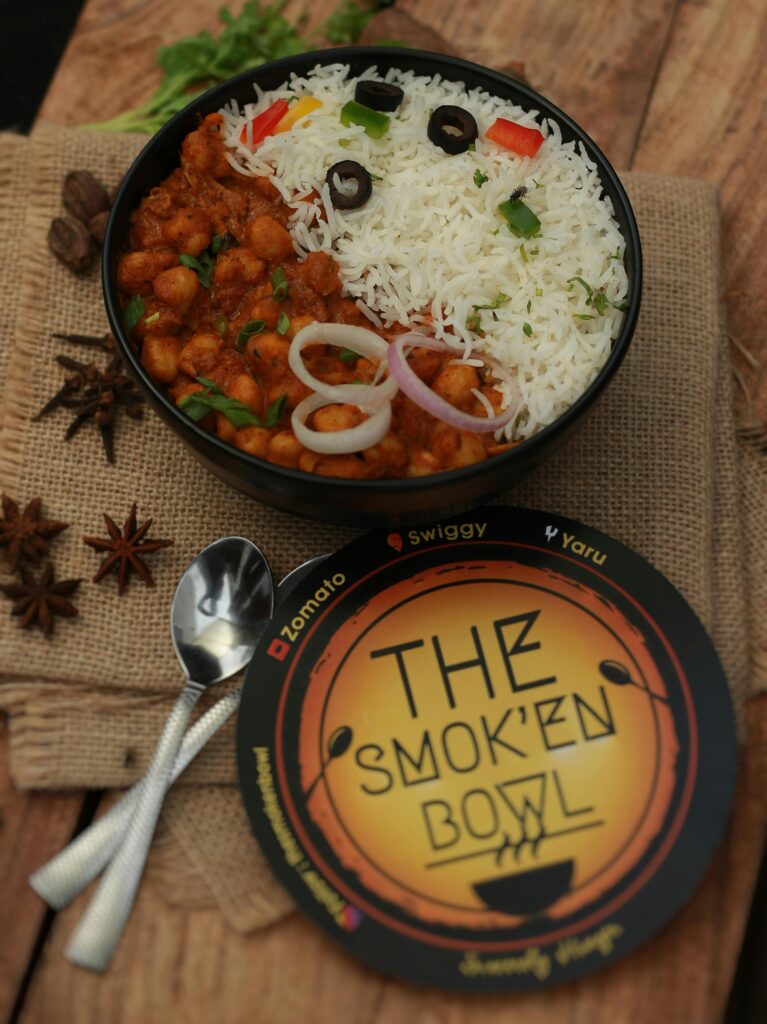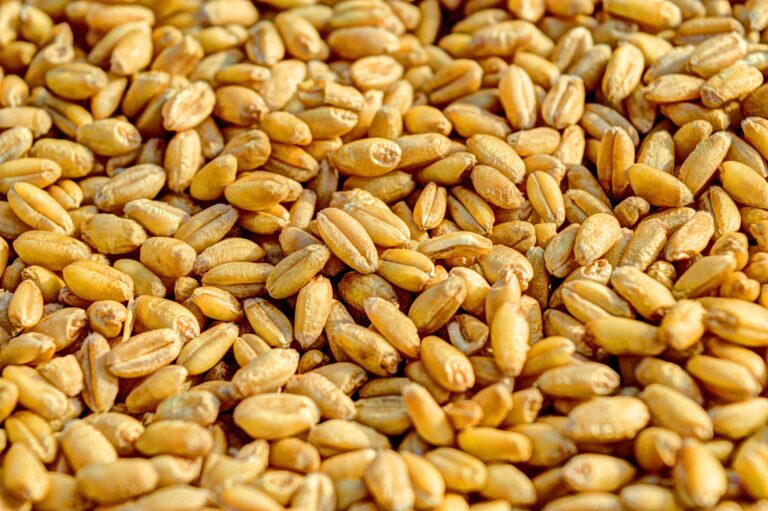Health Benefits of Rice

Health Benefits of Rice
Rice is one of the most widely consumed staple foods in the world. It plays a vital role in the daily diets of billions of people, particularly in Asia, Africa, and Latin America. Rice comes in many varieties, including white rice, brown rice, red rice, black rice, and wild rice. Each type provides important nutritional benefits, making rice an essential part of a balanced diet. Beyond being a source of energy, rice also offers various health advantages that contribute to overall wellness.
- Excellent Source of Energy
Rice is a rich source of complex carbohydrates, which the body breaks down into glucose to produce energy. It provides the fuel necessary for physical activity and brain function. This makes rice an especially valuable food for athletes, workers, students, and anyone with high energy demands. - Supports Digestive Health
Rice, particularly brown rice, contains dietary fiber that aids digestion by promoting regular bowel movements and preventing constipation. It also helps balance the gut microbiome by feeding healthy gut bacteria. The fiber content in rice makes the digestive process smoother and reduces the risk of gastrointestinal disorders such as bloating or acid reflux. - Naturally Gluten-Free
One of the key benefits of rice is that it is naturally gluten-free, making it an excellent grain choice for people with celiac disease or gluten intolerance. Unlike wheat or barley, rice can be safely consumed by individuals who need to avoid gluten while still receiving essential nutrients and energy. - Heart Health Support
Whole grain rice, such as brown rice, contains healthy compounds like magnesium, selenium, and lignans that support heart health. These nutrients help reduce bad cholesterol (LDL), improve blood circulation, and lower the risk of heart disease and high blood pressure. Brown rice also contains antioxidants, which combat oxidative stress in the cardiovascular system. - Controls Blood Sugar (Especially Brown Rice)
While white rice can spike blood sugar levels if consumed excessively, brown rice has a lower glycemic index and contains more fiber, which helps regulate blood sugar levels. This makes brown rice a better option for diabetics or those at risk of developing diabetes. It slows down the absorption of sugar into the bloodstream, helping to manage insulin responses. - Rich in Essential Nutrients
Rice contains important nutrients such as:
B vitamins (especially B1, B3, and B6) – which help in energy metabolism and maintaining healthy nerves.
Iron – supports red blood cell production and prevents anemia.
Magnesium – vital for bone health and muscle function.
Phosphorus and manganese – aid in the formation of bones and the metabolism of carbohydrates and fats.
- Helps with Weight Management
Rice can help with weight control when eaten in moderation and as part of a balanced meal. Brown rice, in particular, contains more fiber and keeps you feeling full for longer, helping reduce overeating. Its complex carbs provide sustained energy without the sudden crashes caused by refined sugars. - Antioxidant Properties
Certain rice varieties such as black rice and red rice are rich in antioxidants, particularly anthocyanins, which give the rice its dark color. These antioxidants help protect the body from free radicals, reduce inflammation, and lower the risk of chronic illnesses like cancer and heart disease. - Supports Nervous System Function
Rice is a source of B vitamins, particularly niacin (B3) and thiamin (B1), which are essential for proper nervous system function. These vitamins help the brain and nerves communicate efficiently and play a key role in reducing fatigue, stress, and mood swings. - Promotes Healthy Skin
The antioxidants and minerals in rice, especially in unprocessed varieties like brown or black rice, support healthy skin. Rice water (water left after boiling rice) has also traditionally been used to soothe skin irritation, treat acne, and improve complexion.
Conclusion
Rice is much more than just a staple food; it is a nutritional powerhouse that supports many aspects of human health. From providing essential energy and improving digestion to promoting heart health and regulating blood sugar, rice continues to be a vital food for maintaining a balanced and healthy diet.
For maximum benefits, it’s best to choose whole grain rice like brown, red, or black rice, which retain more fiber, vitamins, and antioxidants compared to white rice. When eaten with vegetables, legumes, or lean proteins, rice becomes an even more complete and nourishing meal.





